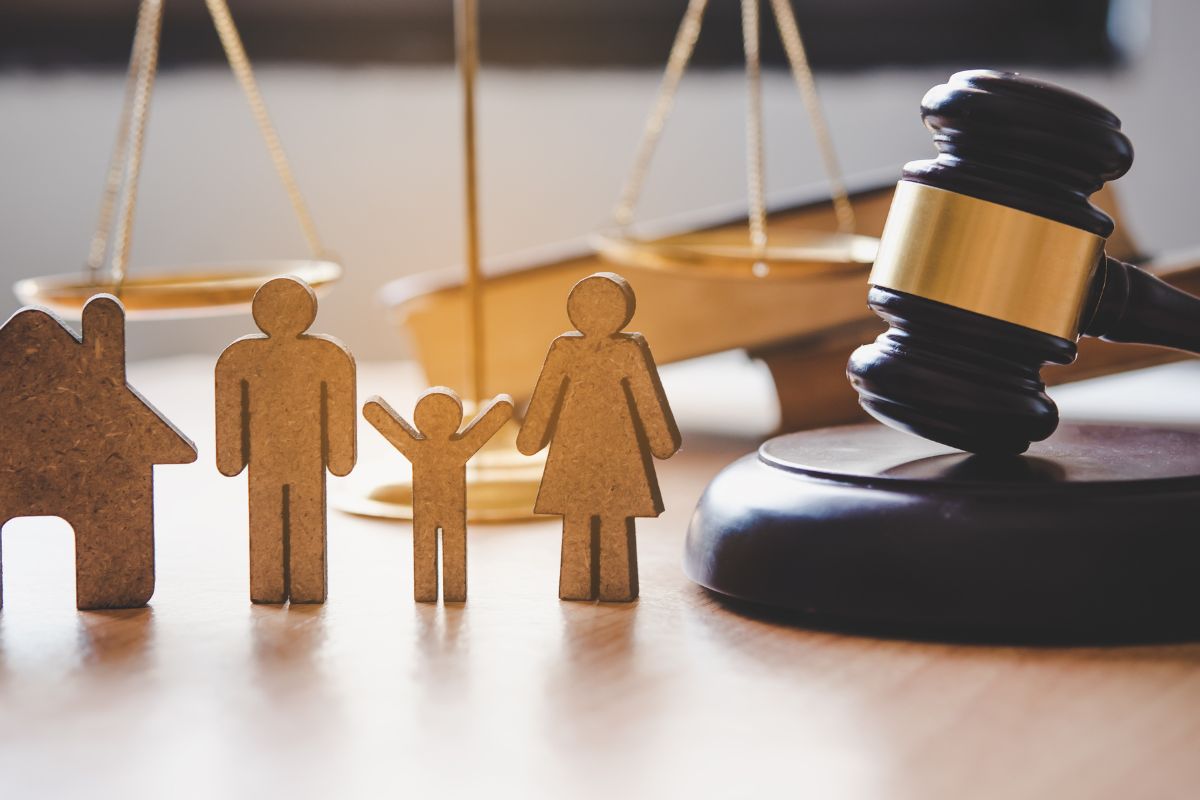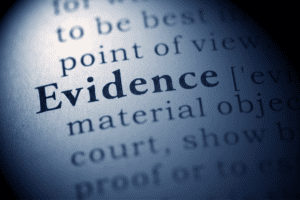A “case conference” takes place after you and your ex-partner provide the court with your Application (Form 8) and Answer (Form 10), or as part of a motion to change (we’ll chat more on the motion to change process in future posts). In most cases, the case conference is your first time appearing before a judge on your family law matter (or indeed any matter). This can be a nerve-wracking experience, particularly as many people do not have an intimate knowledge of court rooms and judges except what they have gleaned from binge-watching Law & Order, Suits, or similar.
Thankfully, you do not have to worry about being interrogated by opposing counsel or surprise witnesses popping up out of the woodwork. Instead, the focus at a case conference is on identifying areas of dispute (and just as importantly, areas of agreement), figuring out any information or documents that need to be exchanged between you and your ex, and determining how best to move your matter forward.
How to prepare for a case conference
Prior to the case conference, your lawyer prepares a document (a “Case Conference brief” Form 17A) outlining the issues that are in dispute, which is provided to your ex-partner and the court. Your ex-partner’s lawyer does the same. Your lawyer also contacts the other lawyer to discuss the issues in dispute and any issues about which you and your ex-partner agree. Settled issues might even form the basis of a draft court order, which can be provided to the judge hearing the case conference.
Three days before the conference, your lawyer provides the court with a Confirmation of Conference (Form 17F), which summarizes the issues to be addressed and notes the anticipated length of time needed to do so.
What to expect at the conference itself
Case conferences are relatively informal, although you are before a judge or associate judge so “informal” should not be interpreted as Bermuda shorts and a devil-may-care attitude. The judge may open the conference by explaining their role at this proceeding and will ask to hear from the Applicant’s counsel first, followed by the Respondent’s counsel. The judge will then provide their thoughts on your matter, noting areas of potential settlement, recommendations as to next steps, and so on. From here, a few things can happen, including but not limited to the following:
- If you and your ex-partner are relatively close on a particular issue or issues, the judge may recommend that the lawyers and their clients meet following the conference and return later in the day to speak with the judge again. Whether this occurs or not will also depend upon the judge’s schedule that day.
- If there is a draft order prepared, the judge may work with both lawyers to finalize terms that can be included (see below for the types of orders a judge may include).
- The judge will prepare an Endorsement, a document outlining the orders made at the conference (again see below for the types of orders a judge may include). Your lawyer will likely receive a copy of this Endorsement within a few days of the conference taking place.
The length of the conference itself varies depending upon the issues. It is a good idea to assume that your matter will take a few hours, even if the conference itself is only 40 minutes, because this gives you the space to meet with your lawyer following the conference and possibly negotiate some terms with the opposing lawyer.
Will I have to speak at this proceeding?
Probably not. Your lawyer will speak on your behalf and will answer most questions the judge may have on the matter. You may be required to speak to specific items. For example, if the judge and lawyers are discussing a possible settlement concerning the pick up or drop off of children, the judge may ask you to provide input as to suitable locations. If you are required to speak to the judge, they should always be referred to as “Your Honour.”
What will change?
Rule 17(8) sets out the orders that can be made at a case conference, some of which include:
- orders for document disclosure;
- orders concerning expert opinion evidence;
- orders preserving assets;
- orders prohibiting the concealment or distribution of documents or property;
- orders preserving health and medical insurance coverage for one of the parties or the children of the relationship, as well as orders continuing the payment of periodic amounts required to preserve an asset or benefit for one of the parties or the children; and
- unopposed orders or orders on consent.
Noticeably missing from this list are orders concerning parenting time, decision-making for children, support, and the sale of the matrimonial home. These orders can be made, but only if both parties agree.
What’s the point?
Some people are frustrated by a court proceeding that is not about forcing another party to change their behaviour or interrogating the other party about their allegedly ridiculous claims. But a case conference is a valuable step in the process, which can be incredibly productive when approached in the spirit of moving matters forward to settlement. As set out in Rule 17(4) of the Family Law Rules, the purposes of a case conference include (but are not limited to):
- exploring ways to resolve the issues that are in dispute;
- ensuring disclosure of the relevant evidence, including the disclosure of financial information required to resolve any support or property issue;
- identifying any issues relating to any expert evidence or reports on which the parties intend to rely at trial; or
- setting a specific timetable for the steps to be taken in the case before it comes to trial.
What’s next?
What happens next depends upon your matter. You may have disclosure obligations and timelines to follow. A motion date might follow or Questioning, or you may be proceeding to a Settlement Conference (again, we’ll get into these processes in future posts). Or maybe now that you’ve heard from the court, you want to pursue mediation or negotiate a settlement. In any event, you will want to meet with your lawyer to go over the proceeding and plan your next steps accordingly.
If you have more questions about the case conference process, please contact one of the family litigation lawyers at Richardson Halll LLP to see how we can help.
*this article contains information but is not intended to provide legal advice.






